Introduction
In the ever-evolving tech landscape, Artificial Intelligence (AI) is no longer a futuristic concept; it’s an active force reshaping industries worldwide. One of the most significant transformations is seen in software development. From accelerating coding to enhancing quality assurance, AI is drastically altering how developers approach their work, leading to faster, more efficient, and innovative software solutions.

The Role of AI in Software Development
AI’s potential in software development goes beyond mere automation; it is redefining the development lifecycle. As the demand for high-performance and scalable software grows, AI provides tools to streamline processes, reduce human error, and optimize workflows.
1. AI in Code Generation
Manual coding can be a time-consuming and error-prone task. AI-powered code generators are transforming this phase by automatically generating code snippets or even entire applications. Tools like OpenAI's Codex and GitHub Copilot enable developers to write code faster by suggesting relevant code structures based on the context. This reduces the time needed for mundane coding tasks and allows developers to focus on more complex aspects of software design.
2. AI for Bug Detection and Quality Assurance
Quality is a top priority in software development, and AI plays a critical role in quality assurance (QA). Traditional testing methods can be tedious, but AI-based testing tools identify bugs more quickly and accurately. Tools like Applitools and Testim use machine learning algorithms to detect anomalies in the code and automate testing processes, making QA faster and more reliable.
3. AI-Enhanced Project Management
AI assists in project management by predicting project timelines, optimizing resource allocation, and identifying potential risks. By analyzing past projects and ongoing progress, AI tools can make data-driven recommendations for timeline adjustments, task delegation, and workload balancing. This enables project managers to make informed decisions, enhancing overall productivity and efficiency.
4. Machine Learning for Custom Software Solutions
Machine learning (ML), a subset of AI, has the capability to analyze large datasets, making it invaluable for developing personalized software. For example, ML algorithms can analyze user behavior to deliver custom software solutions that better match client needs. By embedding ML models within applications, companies can create intelligent software that adapts to user preferences over time, offering a more tailored experience.
5. AI in Cybersecurity and Threat Detection
AI plays a pivotal role in enhancing software security by identifying vulnerabilities that traditional methods might miss. AI-driven tools such as Darktrace and Cylance use ML algorithms to detect and mitigate cybersecurity threats in real-time, analyzing network traffic patterns and user behavior to flag potential risks. This proactive approach to security helps businesses protect sensitive data and maintain user trust.
AI-Powered DevOps
The integration of AI with DevOps is a game-changer for software development, facilitating continuous integration and continuous delivery (CI/CD). AI-driven analytics tools can predict deployment issues, optimize server loads, and help in resource allocation. By reducing human intervention, AI in DevOps allows for more agile, efficient development cycles, leading to faster delivery of high-quality products.
Natural Language Processing (NLP) and Software Documentation
Creating software documentation is often tedious but essential. With Natural Language Processing (NLP), AI can analyze codebases and auto-generate documentation, simplifying the process and ensuring accuracy. Tools such as Kite and Scribe use NLP to generate summaries, code explanations, and comments, enabling better collaboration and understanding within development teams.
AI in UI/UX Design
User experience is central to any successful application, and AI helps enhance UI/UX design by analyzing user interactions and preferences. Through pattern recognition and predictive analytics, AI can recommend design improvements, optimize layouts, and personalize the user interface. AI tools like Adobe Sensei provide real-time insights into user behavior, allowing developers to make data-driven UI/UX adjustments.
Challenges and Limitations of AI in Software Development
Despite its benefits, AI in software development also presents challenges. One primary concern is data privacy, as AI tools often require large datasets, potentially raising compliance issues. Another limitation is the high dependency on quality data; without well-labeled data, AI models can produce inaccurate outputs. Additionally, AI can sometimes generate code that lacks contextual understanding, requiring human oversight.
Future Trends of AI in Software Development
As AI continues to evolve, new trends are emerging in the software development space. Predictive development models, intelligent programming assistants, and automated debugging systems are just a few examples. The integration of AI in cloud computing and IoT (Internet of Things) is also expected to grow, enabling smarter applications with enhanced connectivity and processing power.
Conclusion
AI is undoubtedly transforming software development in ways we could only imagine a decade ago. From code generation and bug detection to cybersecurity and UI/UX design, AI is making the development process faster, more efficient, and highly adaptive. While challenges exist, the benefits far outweigh the limitations, making AI an indispensable tool for modern software development.
As we look ahead, AI’s role will only expand, creating new possibilities for developers and shaping the future of technology. Companies that embrace AI in their development processes will be better positioned to stay competitive, deliver superior products, and meet evolving user demands.

.jpg)

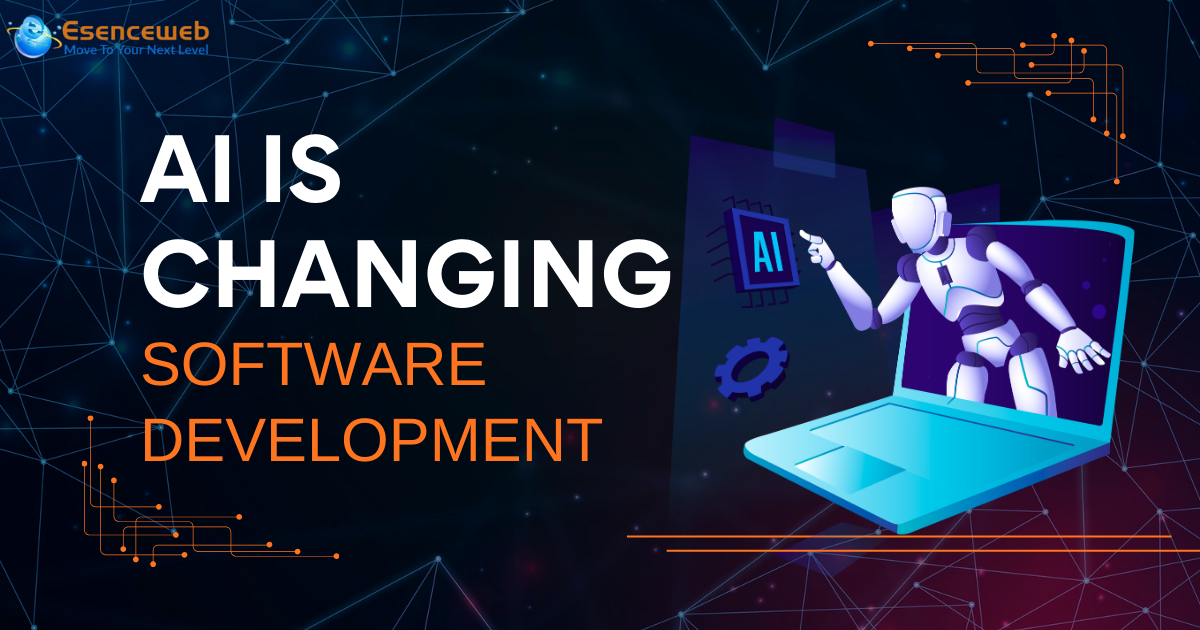
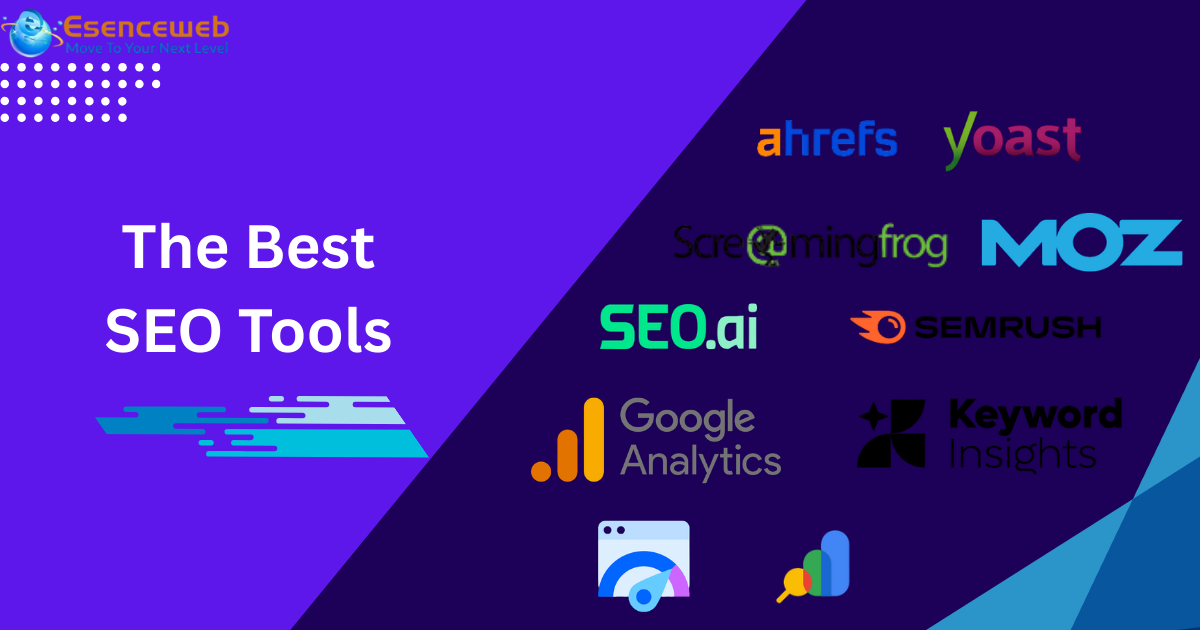


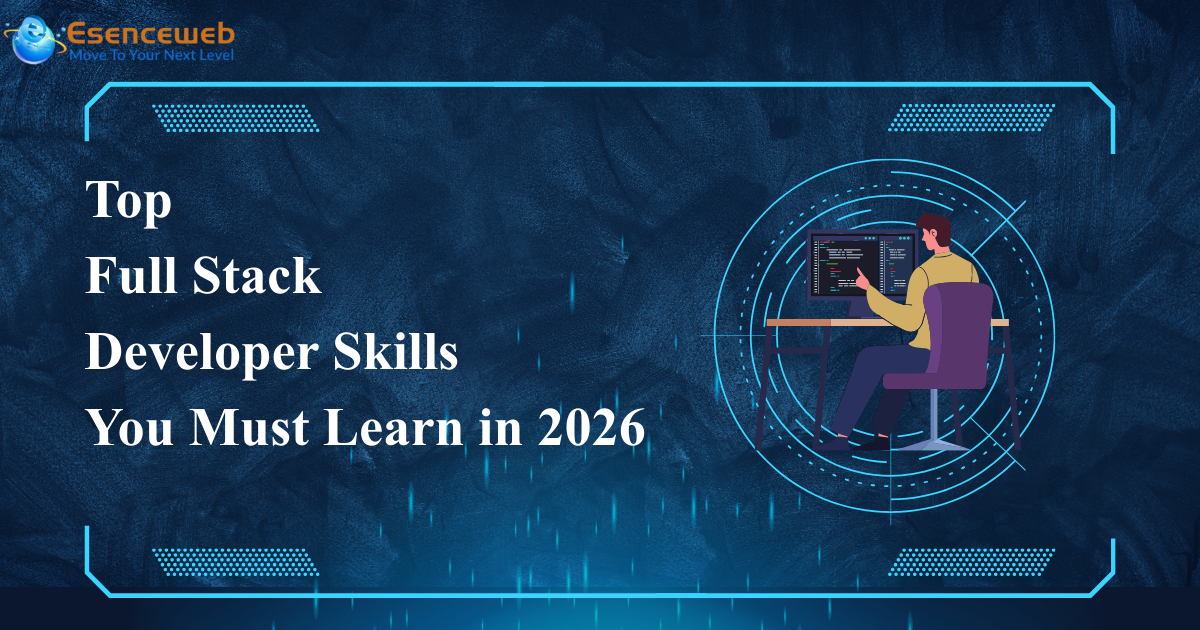

.png)
_(1).jpg)
_(2).jpg)
.jpg)

_(1).jpg)

.jpg)
.jpg)
.jpg)
.jpg)


.jpg)
_(1).jpg)
.jpg)
.jpg)


_(1).png)

.png)

1.png)

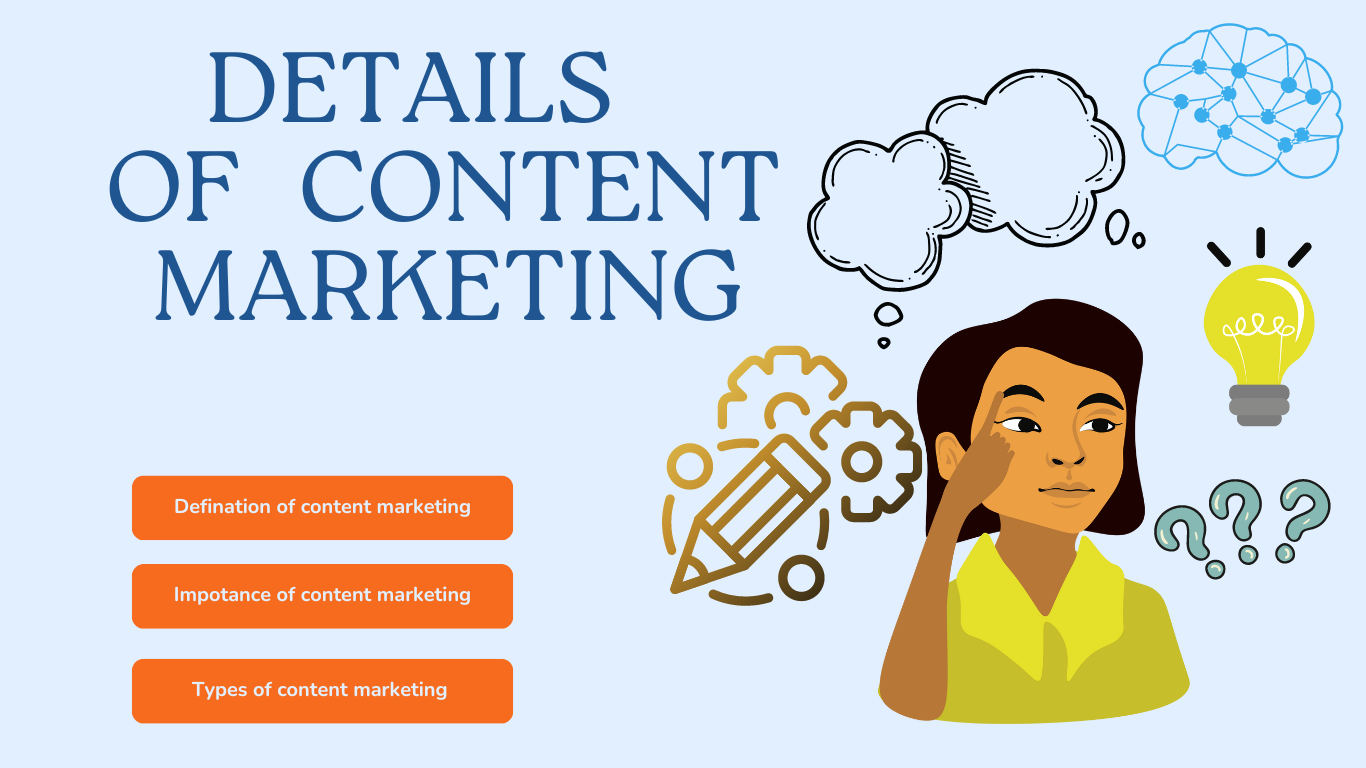
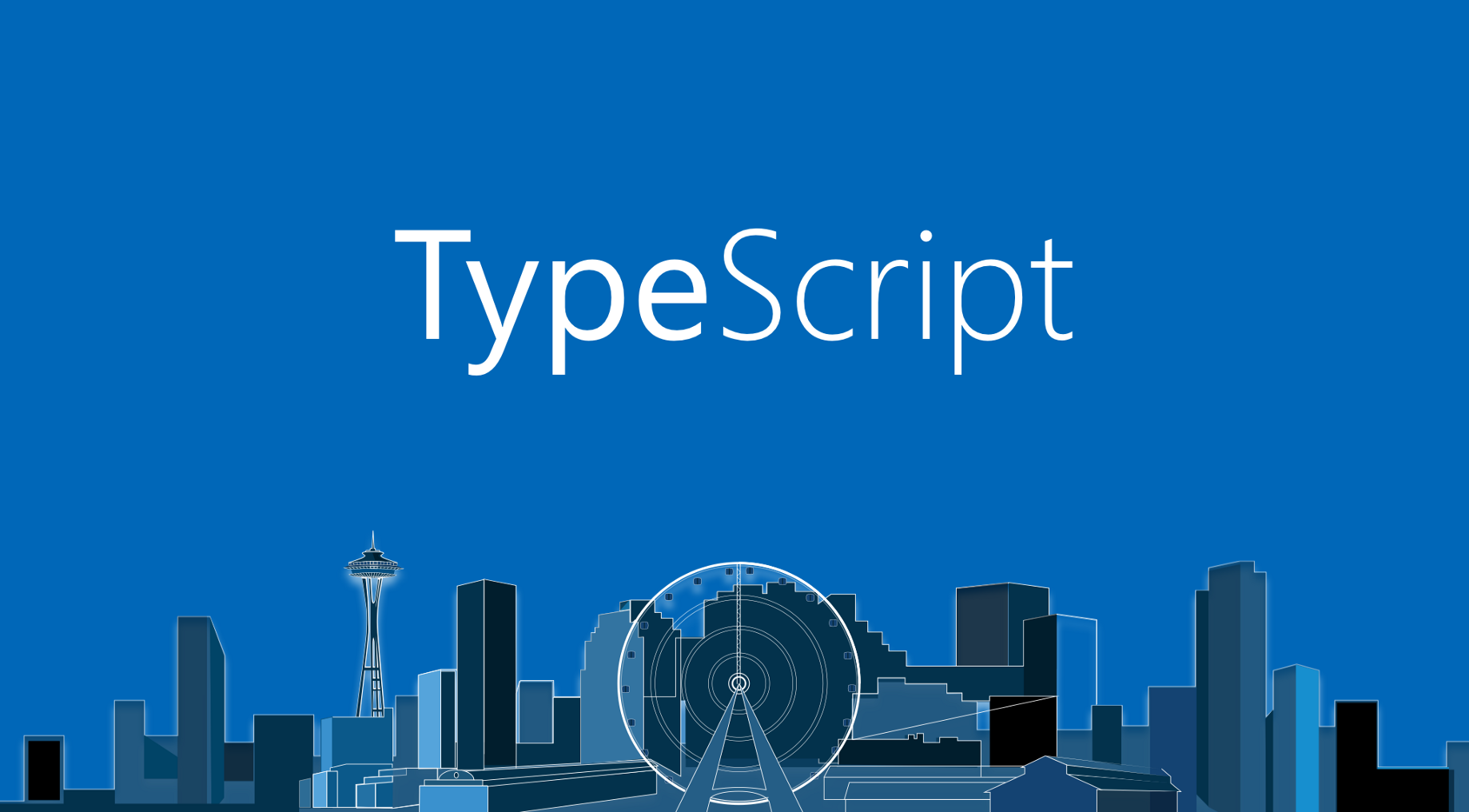
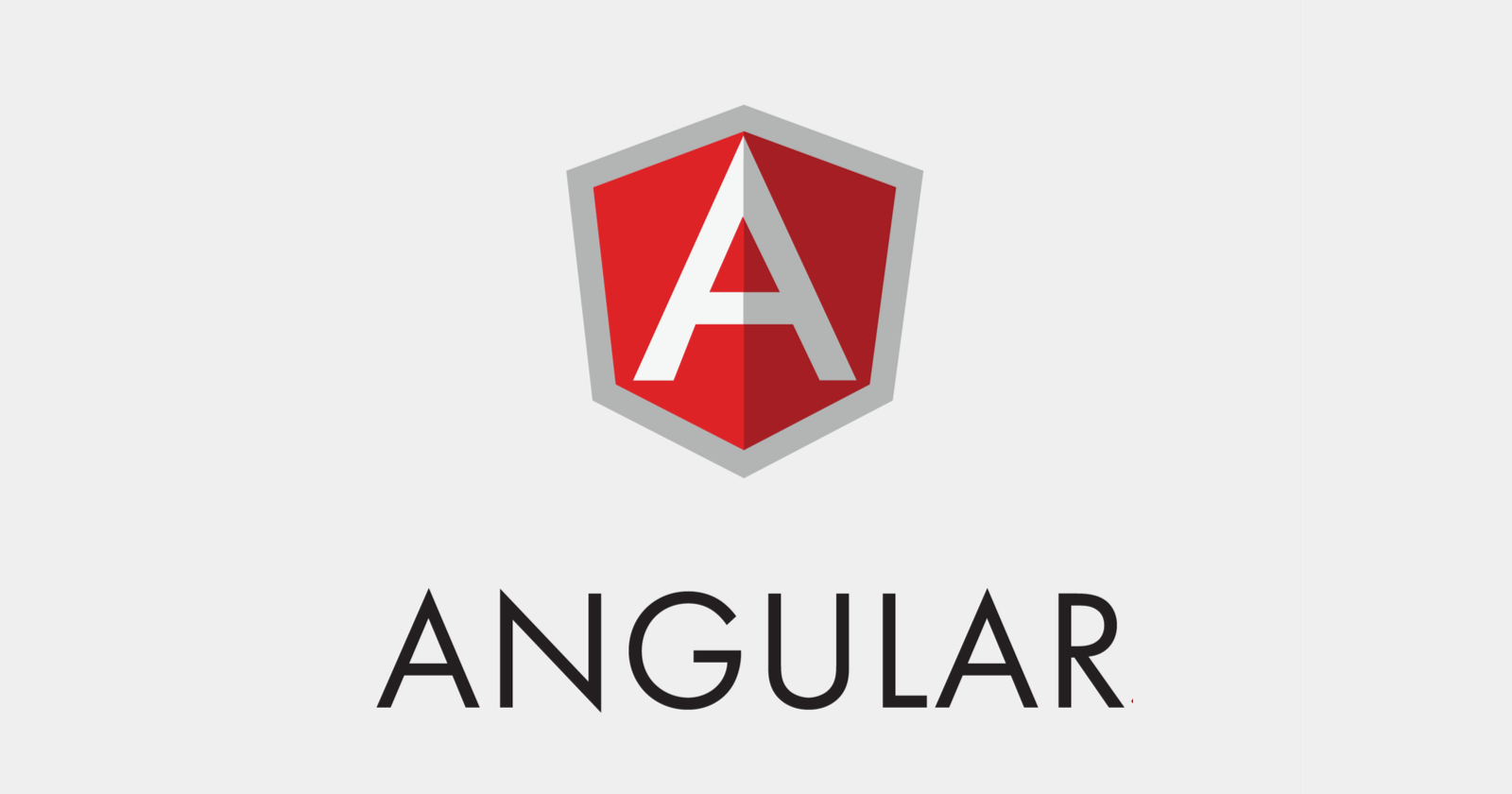

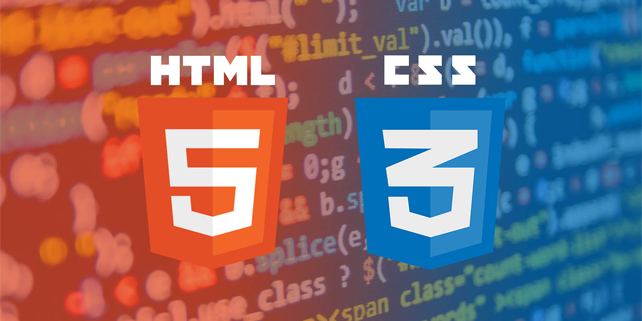




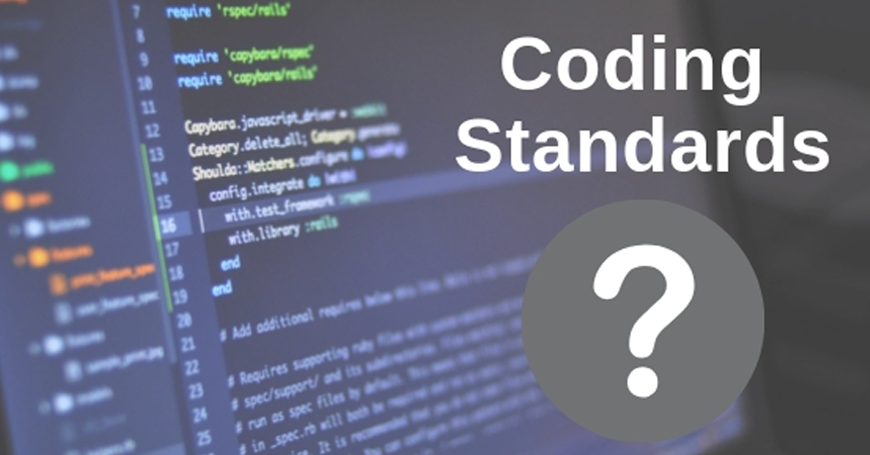
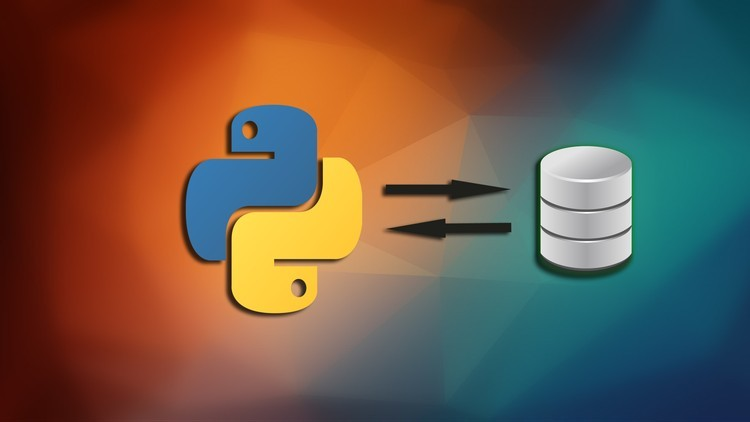
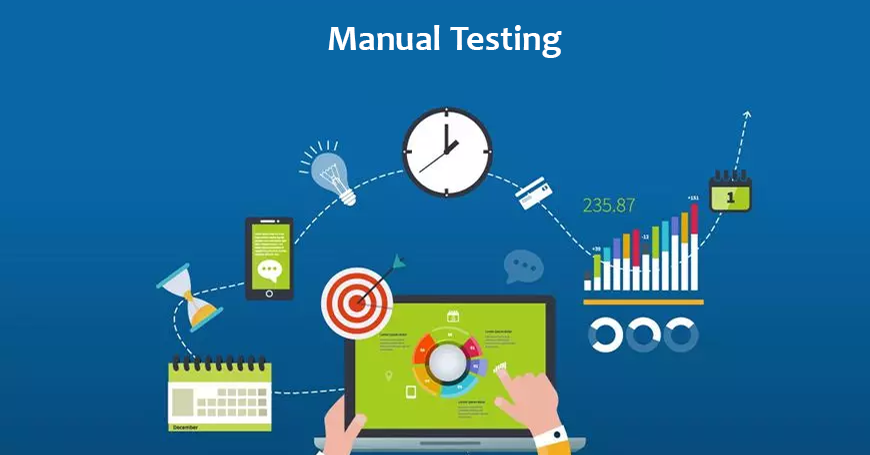


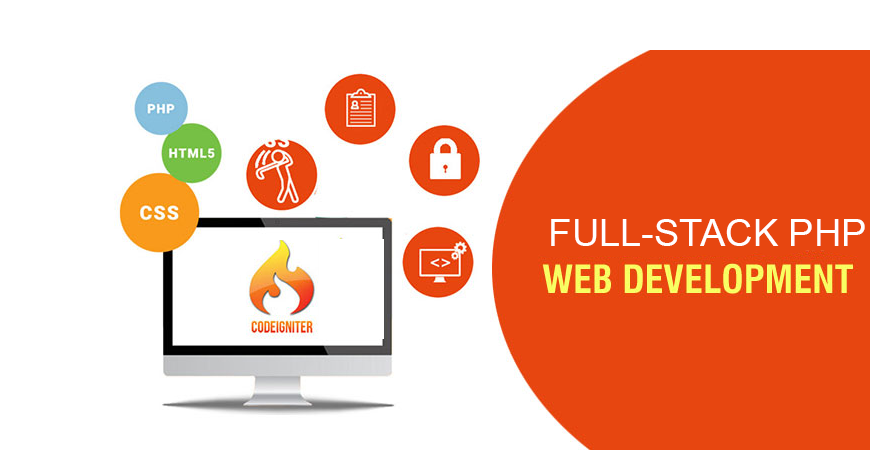

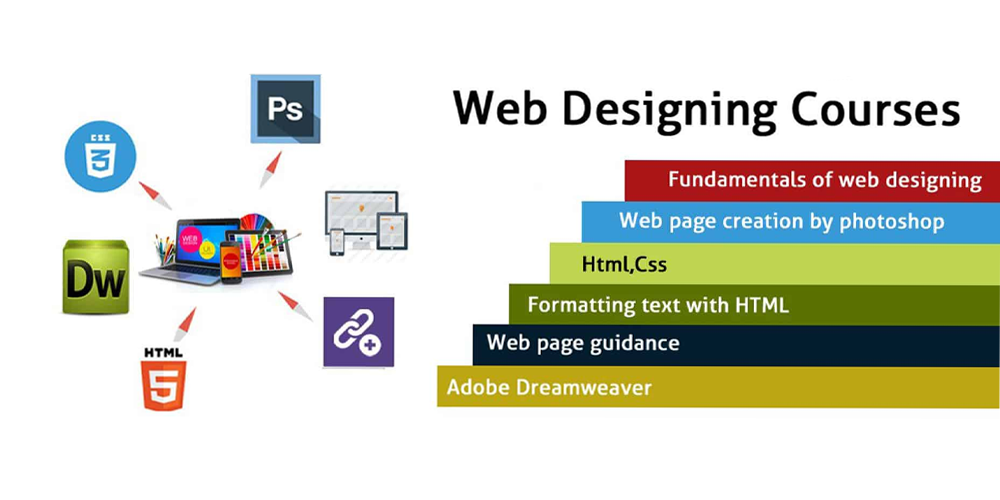



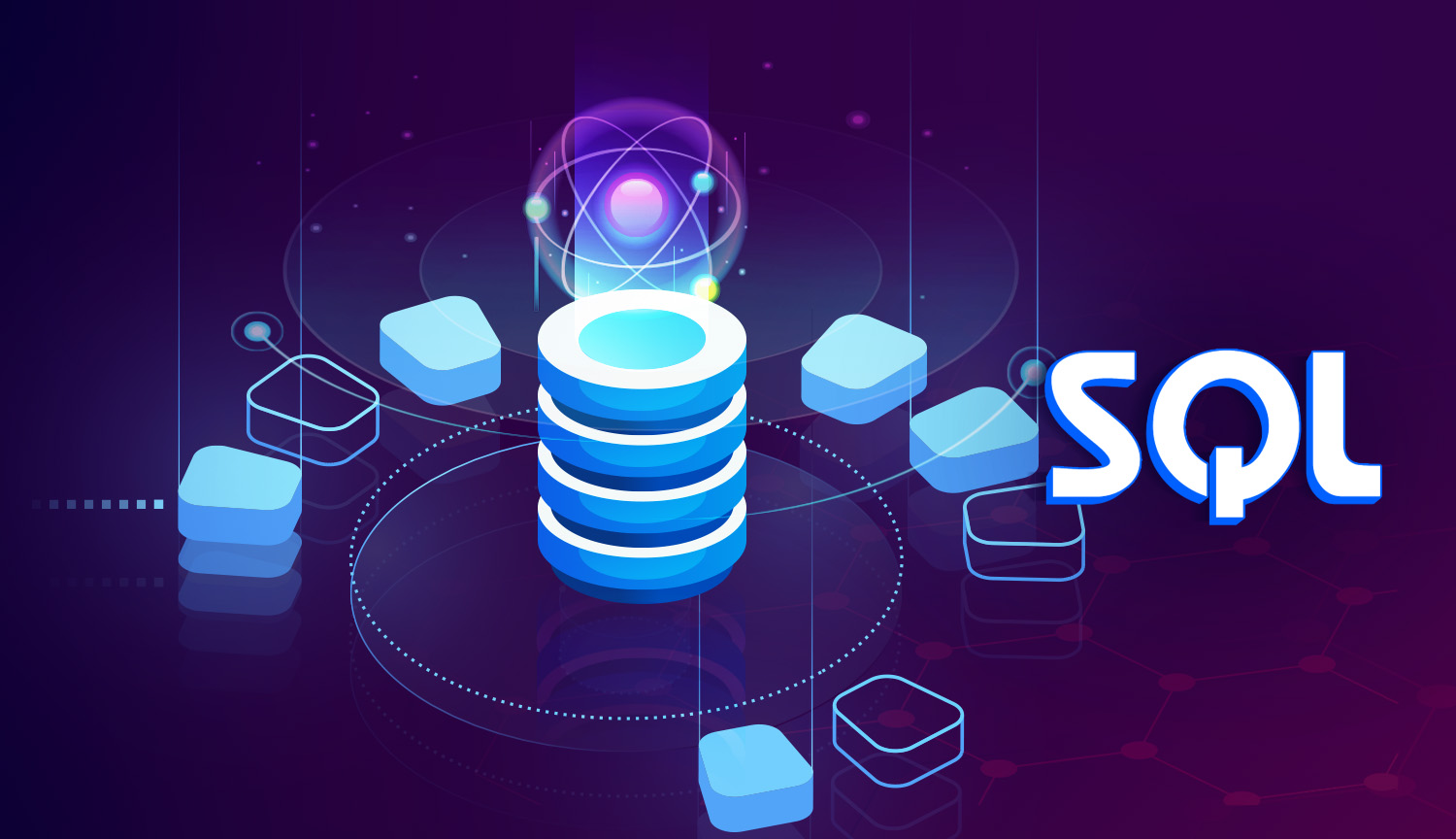


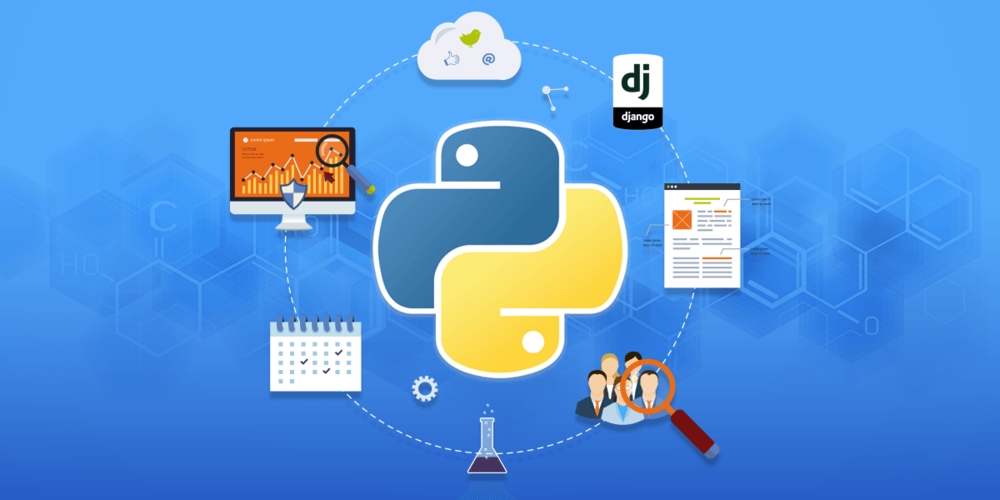
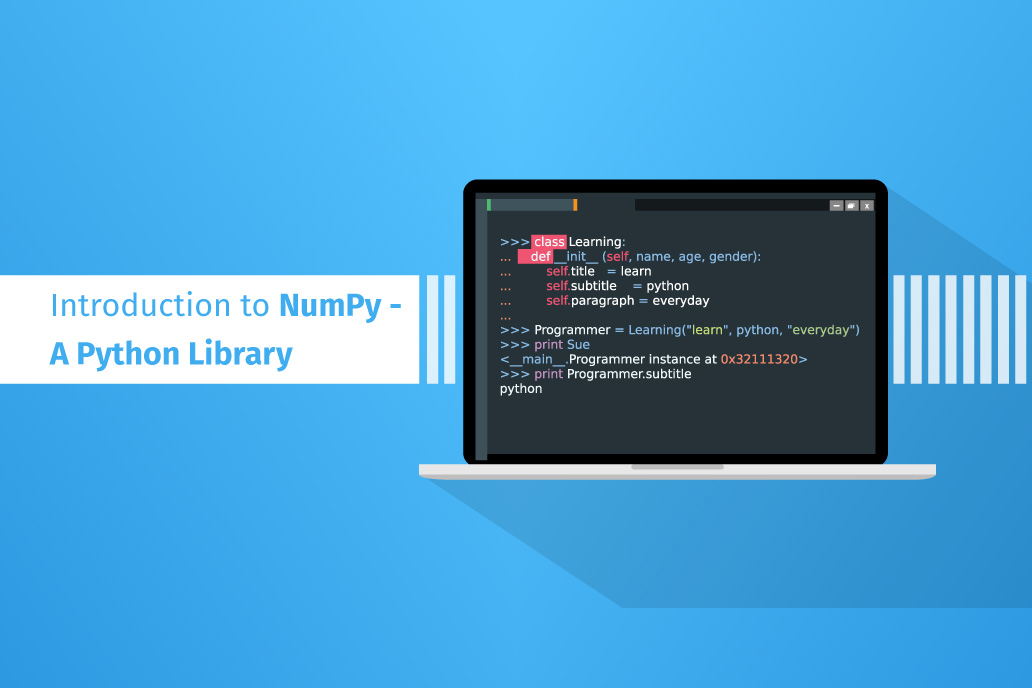
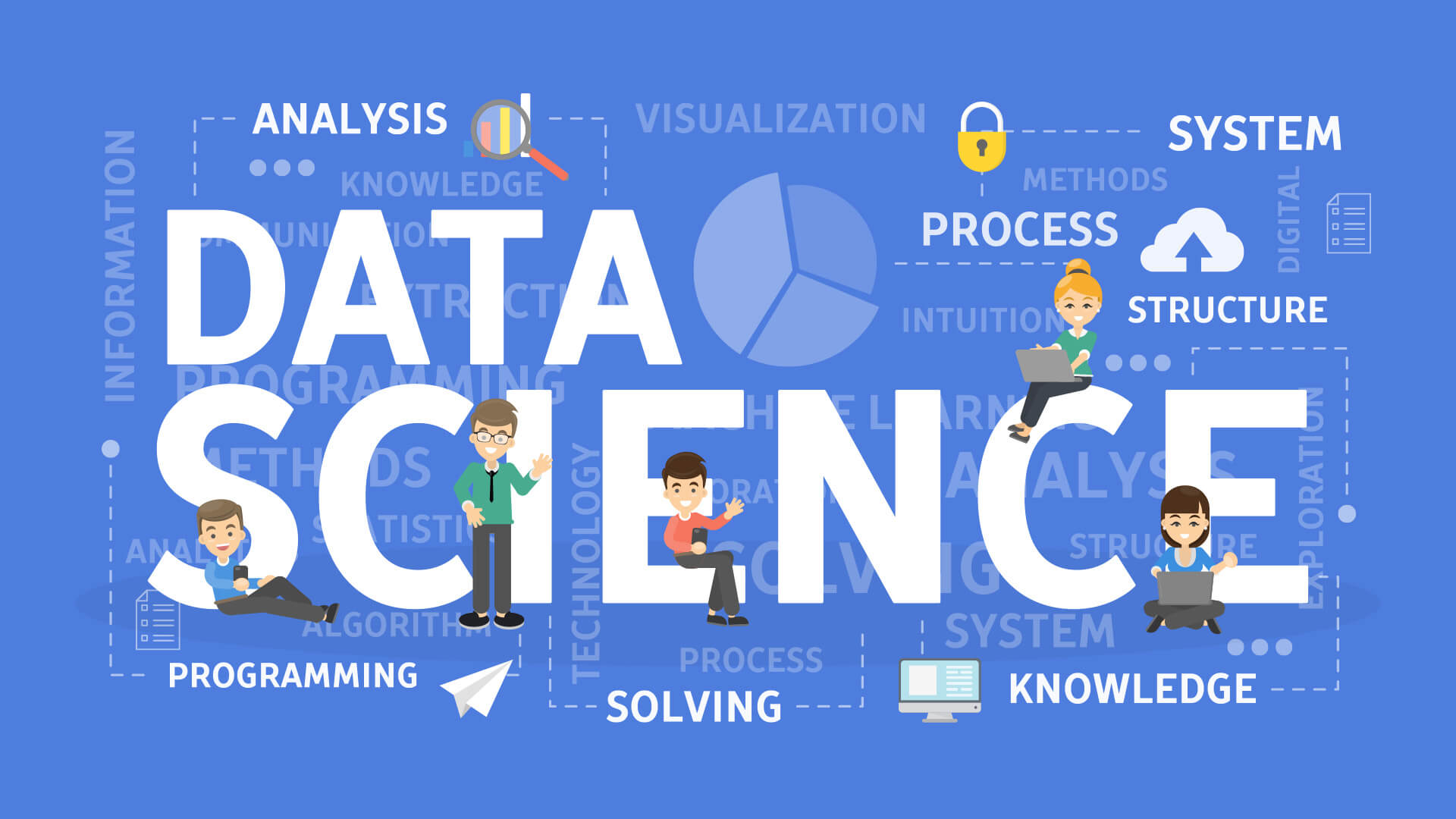

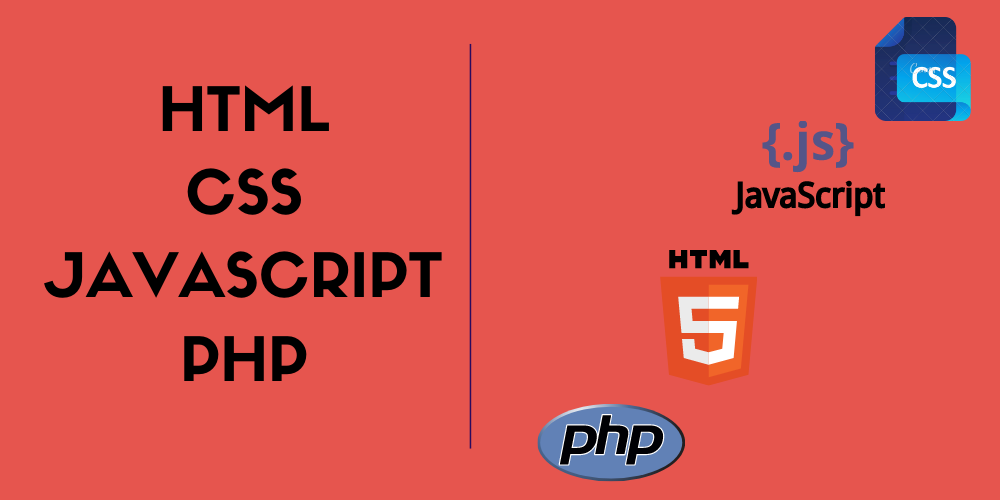
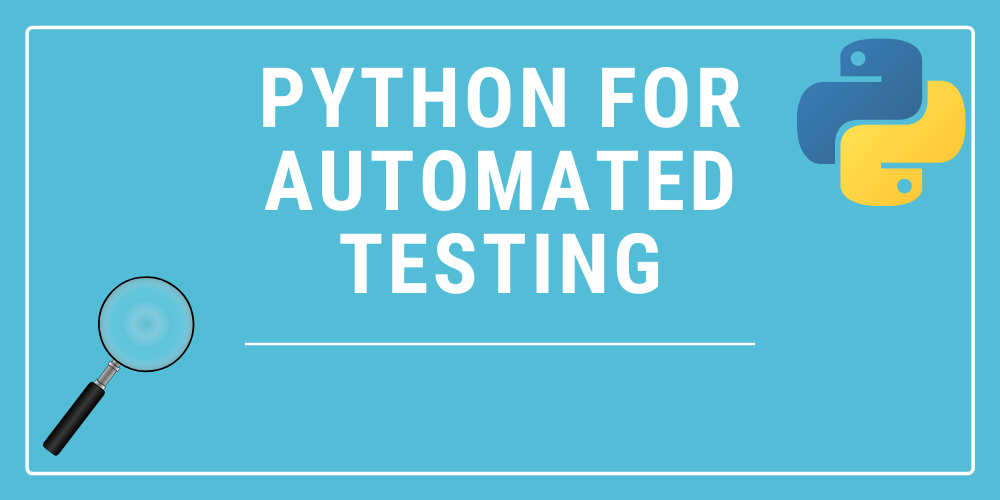


4.png)






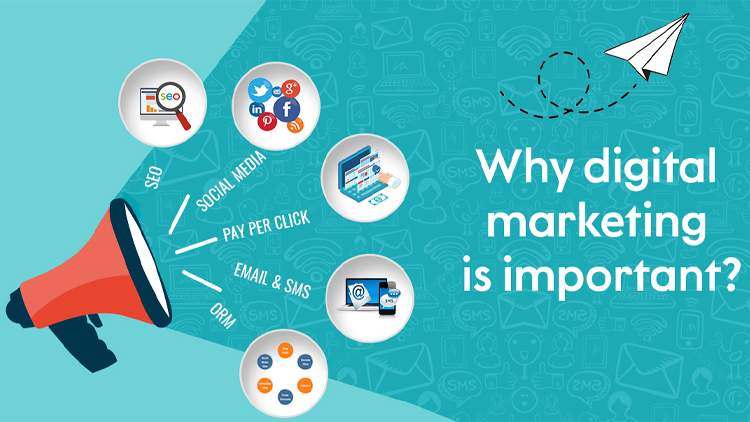


0 Replies to “How AI Is Revolutionizing Software Development ? ”
Leave a Reply
Your email address will not be published.